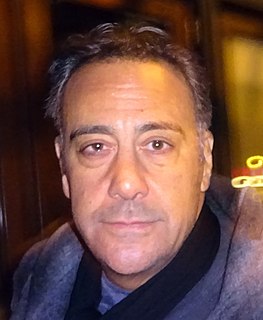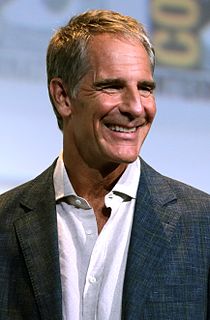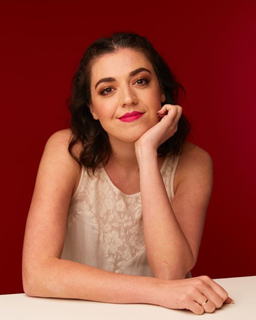A Quote by John Barth
Printed prose is historically a most peculiar, almost an aberrant way of telling stories, and by far the most inherently anesthetic: It is the only medium of art I can think of which appeals directly to none of our five senses. The oral and folk tradition in narrative made use of verse or live-voice dynamics, embellished by gesture and expression--a kind of rudimentary theater--as do the best raconteurs of all times. Commonly there was musical accompaniment as well: a kind of one-man theater-of-mixed-means.
Quote Topics
Almost
Anesthetic
Appeals
Art
Best
Commonly
Directly
Do The Best
Dynamics
Expression
Far
Five
Five Senses
Folk
Gesture
Historically
Inherently
Kind
Live
Made
Man
Means
Medium
Mixed
Most
Musical
Narrative
None
One-Man
Only
Oral
Our
Peculiar
Printed
Prose
Senses
Stories
Telling
Telling Stories
Theater
Think
Times
Tradition
Use
Verse
Voice
Way
Well
Which
Related Quotes
I'm not an advocate of true rhymes, I don't think. I think that everyone who writes musical theater needs to know how to do true rhymes, because that's the tradition of it, but I do think that in order for the art form to grow, it's important to not let tradition get in the way of innovation. There's all kinds of reasons not to use true rhyme in a lyric, like with off-color humor.
I think I'm better wired for television. I love variety as far as a project. I'm easily bored and the schedule of a television show, it just keeps you going. I love theater and I think doing a sitcom in front of a live audience is the closest you can get to theater, and it's really the best mix of like standup and theater, is really a sitcom. I started as a standup and I still continue to do that as well, so I think I'm just a TV guy and happy for it. I think my movie career is kind of like my social life, I'm picky and not in demand. So it perhaps is working out.
I grew up in Sierra Leone, in a small village where as a boy my imagination was sparked by the oral tradition of storytelling. At a very young age I learned the importance of telling stories - I saw that stories are the most potent way of seeing anything we encounter in our lives, and how we can deal with living.
We think only through the medium of words. Languages are true analytical methods. Algebra, which is adapted to its purpose in every species of expression, in the most simple, most exact, and best manner possible, is at the same time a language and an analytical method. The art of reasoning is nothing more than a language well arranged.
Cinema is a kind of pan-art. It can use, incorporate, engulf virtually any other art: the novel, poetry, theater, painting, sculpture, dance, music, architecture. Unlike opera, which is a (virtually) frozen art form, the cinema is and has been a fruitfully conservative medium of ideas and styles of emotions.
For most of human history, 'literature,' both fiction and poetry, has been narrated, not written — heard, not read. So fairy tales, folk tales, stories from the oral tradition, are all of them the most vital connection we have with the imaginations of the ordinary men and women whose labor created our world.
All directors are different. Certainly, the directors that I respond to the most are guys that figure it out by doing it, not by thinking or studying. Also, the kind of actor that I think I am - I learned about theater doing theater, not studying theater. I think that traditional school can be great, but also it can stifle original thought.





































